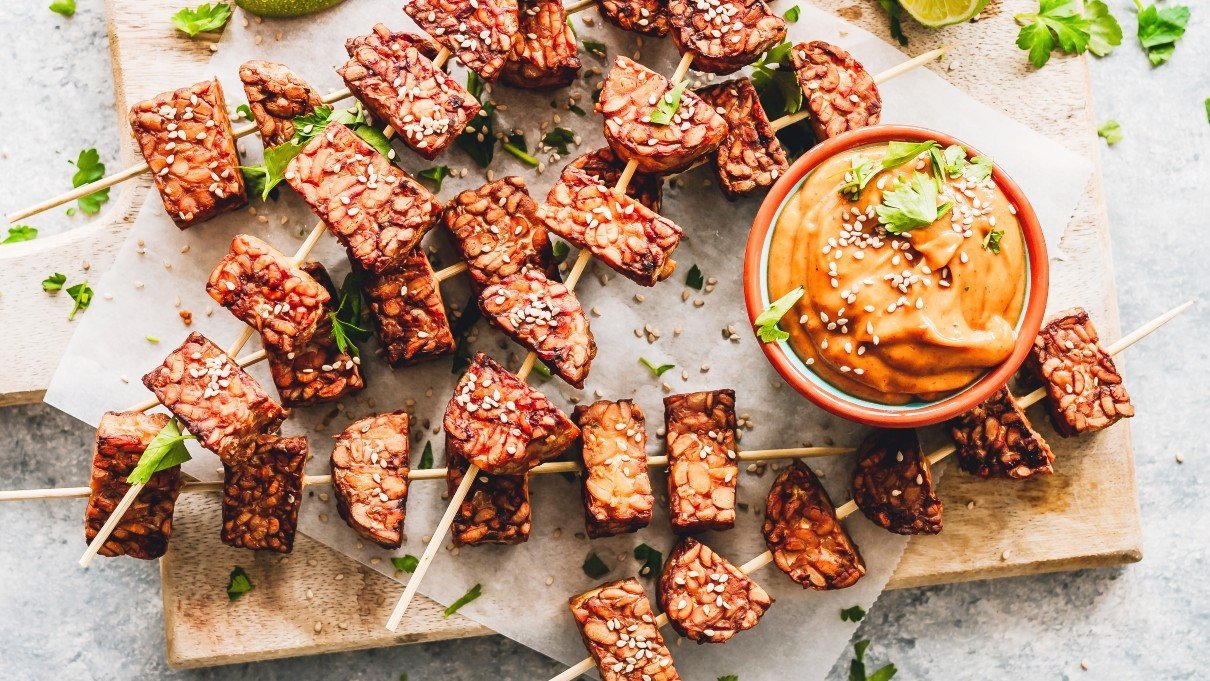Are Wooden Skewers Recyclable, Compostable or Biodegradable?

Wooden skewers have become a permanent fixture in many homes, especially American ones. And who could blame us? These pieces of wood help you effortlessly skewer and barbecue your meat. And they are available in a variety of wood types – there are even bamboo ones for those of us who are trying to live more sustainably.
But as much as wooden skewers seem environmentally friendly, it is normal to wonder about how you are going to get rid of them once they’re worn out. Can you recycle them? Can they be composted?
Find out below.
Are wooden skewers recyclable, compostable, or biodegradable?
While wooden skewers are not usually recyclable, they are biodegradable and can be composted. All you have to do is break them into small pieces and add them to your compost heap.
What other unexpected things can you compost?
Apart from wooden skewers, there are other household bits that you probably didn’t know you could compost. These include:
Wine corks
As long as they are made of actual cork wood, wine corks can be composted with relative ease. Just remove any synthetic materials from them and chop them up into tiny pieces before tossing them into your pile.
Alternatively, you could choose to recycle your corks – there are several cork recycling programs in North America. One of the most popular ones is the Canadian company ReCork.
Fireplace ash
If you have a fireplace, we have some good news for you – you can use the resulting ash in your compost heap.
There are some caveats though. For one, you should only add the ash in small quantities – large amounts will make your heap too alkaline. Also, only use ash created from burning cardboard, paper, grass, and untreated/unpainted wood.
Natural fiber clothes
While you should always aim to donate, reuse, or repurpose old clothes, you can compost them if they are beyond help, particularly if they are made of natural fiber. So if you have some tattered clothes that are made of 100% cotton, linen, silk, hemp, wool, or a blend of them, this is the way to go.
But there are a few things you have to do before adding clothes to your help.
First of all, ensure that the clothes don’t have any non-compostable stains.
Secondly, cut them up into smaller pieces.
Finally, add some water to them or mix them with wetter items. This will quicken the composting process.
Dryer lint
As long as you’re mostly drying clothes made from natural fibers and aren’t using commercial dryer sheets, your dryer lint is okay for your compost.
Buy high-quality skewers
Ultimately, the best way to ensure that you don’t have to constantly deal with a stockpile of worn-out skewers is to get high-quality ones. We particularly prefer simple bamboo ones as they are highly sustainable.
And for your peace of mind, steer clear of anything with a fancy handle or curved blade. While these may look like helpful features, they just make handling food harder.
